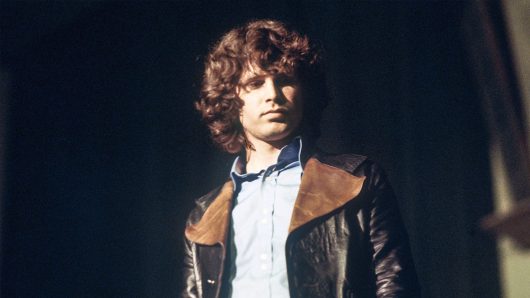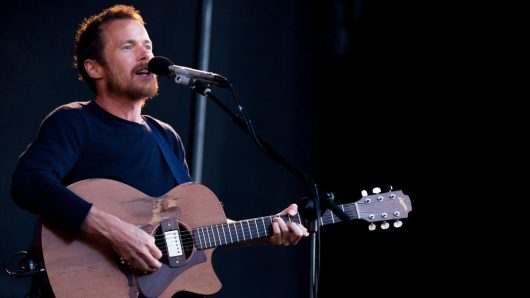While vocalist Ian Curtis was still alive, Joy Division looked set to become one of the biggest – and most influential – rock bands of them all. However, after Curtis’ tragic suicide, in May 1980, the future looked considerably less certain for Bernard Sumner, Peter Hook and Stephen Morris. By their own admission, sheer bloody-mindedness drove them to stick to their guns, and that decision has paid glorious dividends. Recruiting Gillian Gilbert, they regrouped as New Order and found their own unique sound through fusing angular guitar rock with synth-driven pop and the cutting-edge sounds of the dancefloor. In a countdown of all their studio records, we evaluate the best New Order albums, revealing why they remain so vital.
Listen to the best of New Order here, and check out our run-down of the best New Order albums, below.
10: ‘Republic’ (1993)
Though it was a huge success, the tour promoting New Order’s fifth album, Technique, almost killed them off through a combination of exhaustion and internal tensions. The group didn’t officially split up, but drifted into a lengthy hiatus while they concentrated on solo projects. However, financial concerns at Factory Records led the label’s most successful group to reconvene and make a new album across 1991 and 1992.
Helmed by producer Stephen Hague, the Republic sessions were fraught, with Peter Hook observing in his memoir Substance: Inside New Order, “If we’d drifted further apart we would have been in different post codes.” Getting Republic over the line didn’t prevent Factory from going bankrupt, but it did yield some spellbinding music, with the singles Ruined In A Day, World (The Price Of Love) and the bittersweet Regret ranking among the best New Order songs of the 90s.
Must hear: Regret




